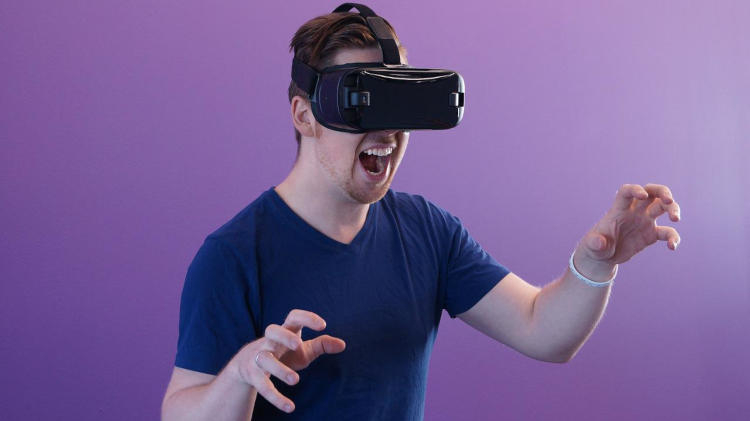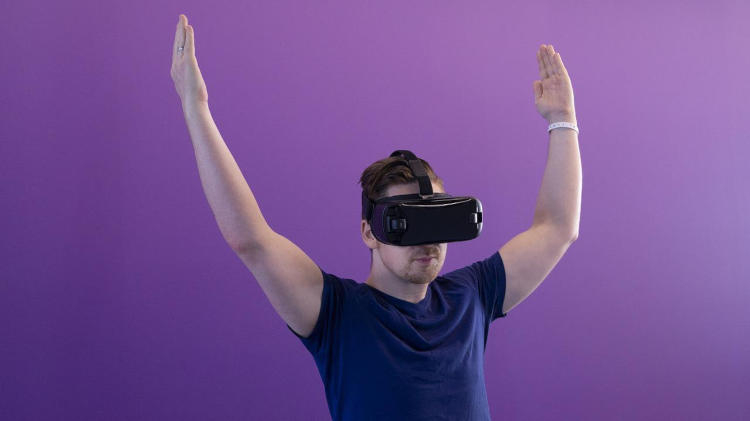Scientists from the University of California at Berkeley (USA) and the University of Technology in Munich (Germany) revealed the outcomes of a research on user privacy in the metaverse – the worlds of digital and augmented actuality. The outcomes had been disappointing.

Image Source: Eugene Capon / pixabay.com
The authors constructed their research on a digital actuality escape room recreation; 30 volunteers participated in the mission. As a consequence, scientists have recognized greater than 25 attributes of non-public information that potential attackers and platform operators can gather from metaverse customers, though this data is troublesome or unavailable by cellular and net functions.
The researchers listed the kinds of information that might turn into a sizzling commodity for metaverse operators in the close to future:
- Geospatial telemetry – user’s peak, arm size, interpupillary distance, room measurement;
- Technical traits of the consumer system – contact show and survey refresh charges, system area of view, processors and graphics;
- Network information – channel width, buyer location;
- Behavioral traits – language, dealing with, voice, response velocity, visible focus, colour notion, cognitive properties, normal bodily type.
All these information will permit figuring out different private parameters with a excessive diploma of precision: gender, monetary state of affairs, nationality, age and bodily limitations.

According to the authors of the research, the capacity to acquire this information explains why, specifically, Meta* is so assured of the ongoing catastrophic lack of its Reality Labs division specializing in metaverse applied sciences – final 12 months alone, its losses had been $10.2 billion on income from 2.3 billion {dollars}
Scientists famous that a few of the information on this set can theoretically be obtained utilizing cellphones, however the metaverse seems to be the solely complete supply of information – typically throughout the research there have been conditions when all this data may very well be collected in a couple of minutes. . In reality, metaverse operators can have sufficient energy to de-anonymize any user. With current cellular apps and much more web sites, all that is merely not attainable.
With their analysis, the mission’s authors wished to attract public consideration to the downside of metaverse privacy and encourage their colleagues to develop safeguards. One of them that they’ve already instructed is the MetaGuard plugin for the Unity recreation engine. Adds informational noise to information collected by AR/VR helmets, which prevents user identification however doesn’t have an effect on efficiency. This is a form of analogue of the incognito mode in the browser, which could be turned on and off as wanted.
* It is included in the listing of public associations and non secular organizations in respect of which the courtroom made a ultimate choice on liquidation or prohibition of actions primarily based on Federal Law no.